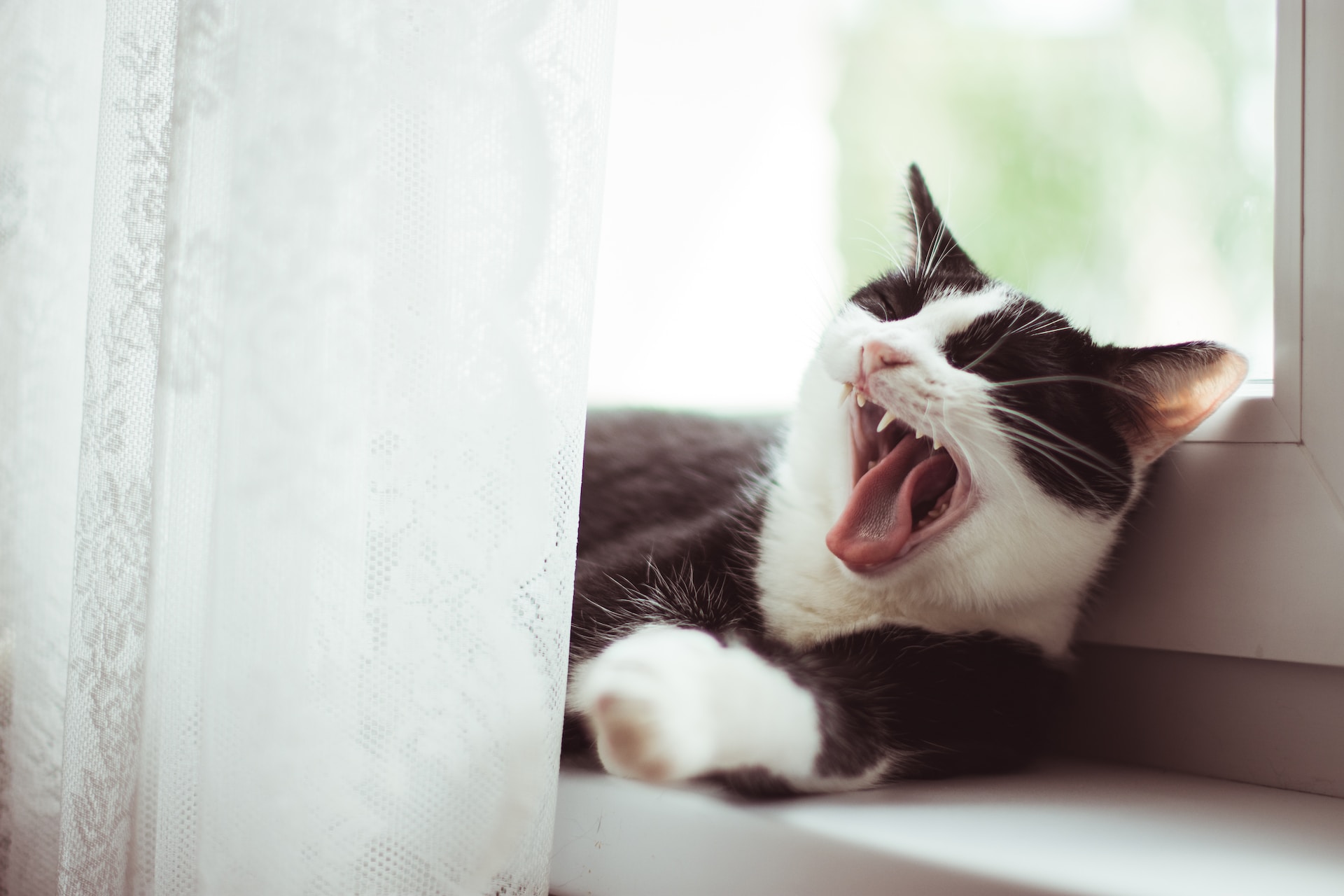
03 Nov Fishy Smelling Breath in Cats: Causes and Treatments
A commonly asked question is, “Why does my cat’s breath smell like fish?” A sour or fish smell to the breath may be attributed to several reasons. In this post, we’ll explore the many causes of fishy cat breath.
Eight Reasons Why Your Cat’s Breath Smells Like Fish
1. Diet
A common reason for fishy-smelling breath in cats is their diet. If a cat is consuming fish-based cat food or treats, it can leave a lingering fishy odor on their breath. This smell is often more pronounced when cats eat canned or wet food instead of dry kibble. Lastly, as in people, the breath may smell similar to ingested food. However, this should be a very mild smell.
2. Expressed anal glands.
Another name for anal glands is anal sacs. Anal glands/sacs are two small pouches on either side of the anus. Each gland has sebaceous (sweat) glands that produce a foul-smelling fluid. During defecation, the glands express onto the feces as a scent marker. However, some felines may intermittently get overfull glands that may express during periods of nervousness or surprise. Cats are fastidious groomers, and cleaning their anal region can lead to oral malodor.
3. Gingivitis (red gums)
Plaque accumulates on tooth surfaces daily. When located near the gumline, localized irritation is ensured. Gingivitis is classified as mild, moderate, or severe. It may also affect a few teeth or have a generalized appearance.
4. Dental disease
Gingivitis will progress to periodontitis if not treated. In periodontitis, the gingiva is irritated, and additional tooth-supportive tissues include the tooth socket/bone, periodontal ligament, and oral mucosa. Infections in the mouth are a frequent cause of acute oral malodor.
5. Oral microbiome shift
There should be minimal to no oral malodor in the mouth. If the breath progressively worsens, a microbiome shift secondary to dental disease is present. In some cases, esophagitis and lower GI disease can manifest in oral microbiome changes. Adding a probiotic daily to food can be beneficial in many felines.
6. Kidney disease
One of the symptoms of kidney disease in cats can be ammonia-like or fish-smelling breath. Kidney disease can lead to a buildup of toxins in the body, which can cause abnormally smelling breath.
7. Respiratory Infections
Infections in the respiratory tract, such as sinus or upper respiratory infections, can also cause bad breath in felines. The same is also true in humans.
8. Other Medical Conditions
Liver disease, diabetes, and certain metabolic disorders may be associated with abnormally smelling breath.
What Are the Treatment Options for Fish Breath in Felines?
By age 2, up to 80% of dogs and cats will have dental disease. Plaque will form within minutes of a dental cleaning. Plaque, along with the help of minerals in saliva, will transform into calculus. Calculus is the medical term for tartar. In humans, the minimal brushing interval is 72 hours to minimize calculus formation. Daily tooth brushing is recommended to reduce plaque and calculus formation. See our blog post on Tooth Brushing for specific information on oral home care.
If a persistent and robust fishy odor is detected in your cat’s breath, it is recommended to schedule an appointment with a veterinarian. The most important item on the agenda is completing a physical exam, including an evaluation of the oral and tooth structures. Lab tests, such as bloodwork and a urinalysis, may be warranted to evaluate all body systems thoroughly. If dental disease or mouth infection is a suspect culprit, then scheduling a dental cleaning is recommended. A dental cleaning is referred to as a COHAT (Comprehensive Oral Assessment and Treatment). Extraction therapy may be warranted depending on the pathology of each specific tooth. In conclusion, regular dental care, a balanced diet, and routine veterinary checkups can help prevent and address feline oral malodor concerns.
Cat Dentist in Colorado Springs
If you have any questions regarding your cat’s oral health, please do not hesitate to contact the veterinarians and team members at Animal Dental Care and Oral Surgery in Colorado Springs at (719) 536-9949 or info@wellpets.com.
Images used under creative commons license – commercial use (11/3/2023). Photo by Paweł Adamczak janusze_zycia on Unsplash

